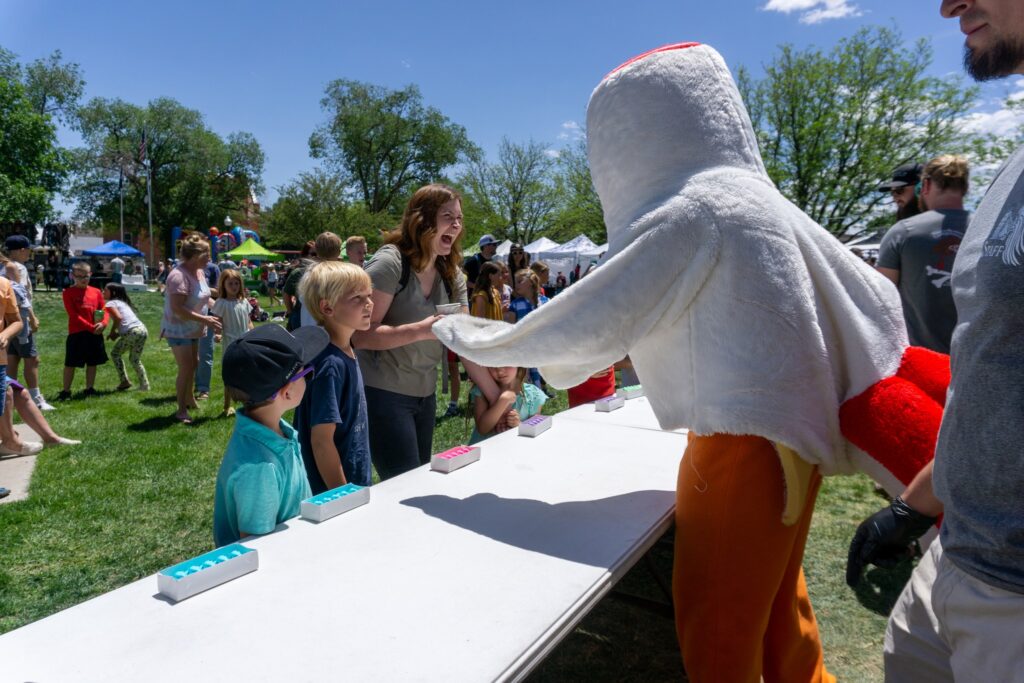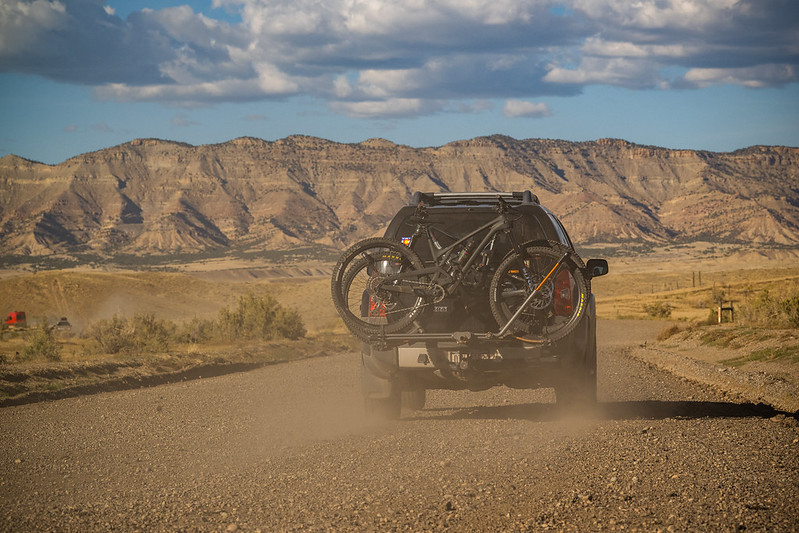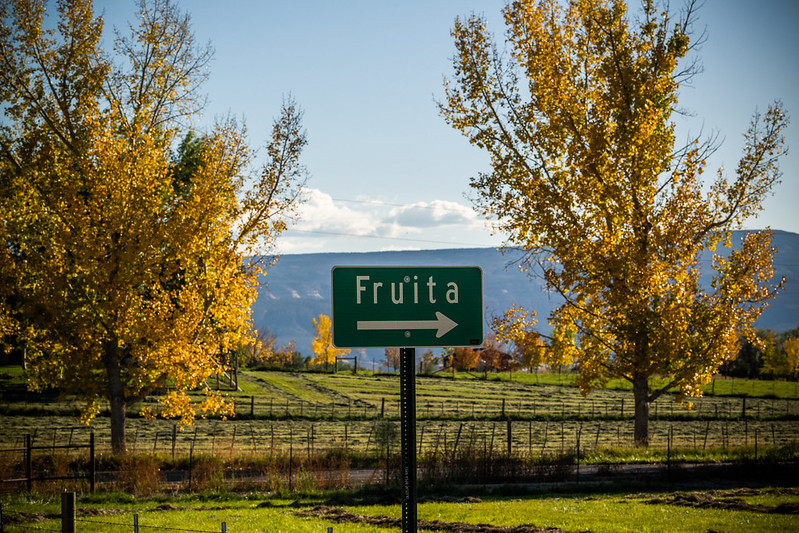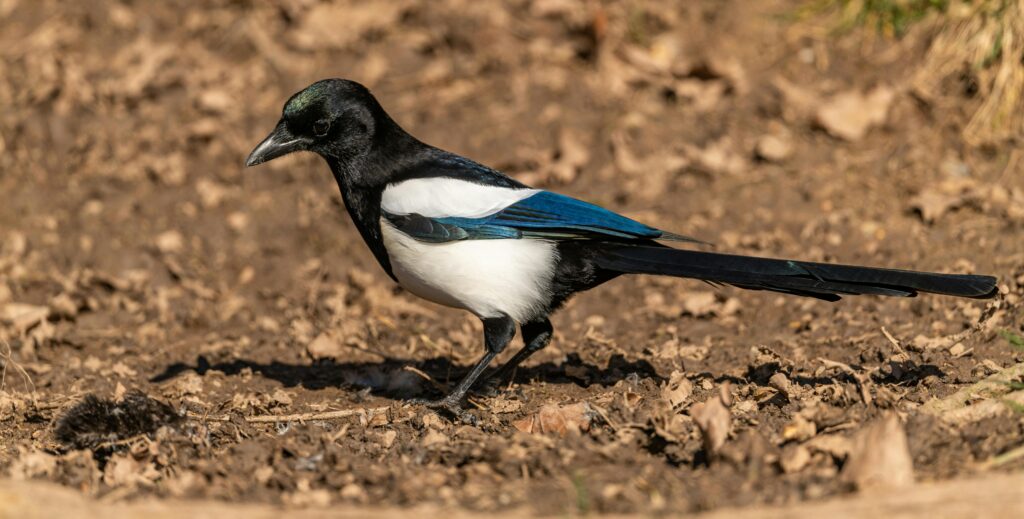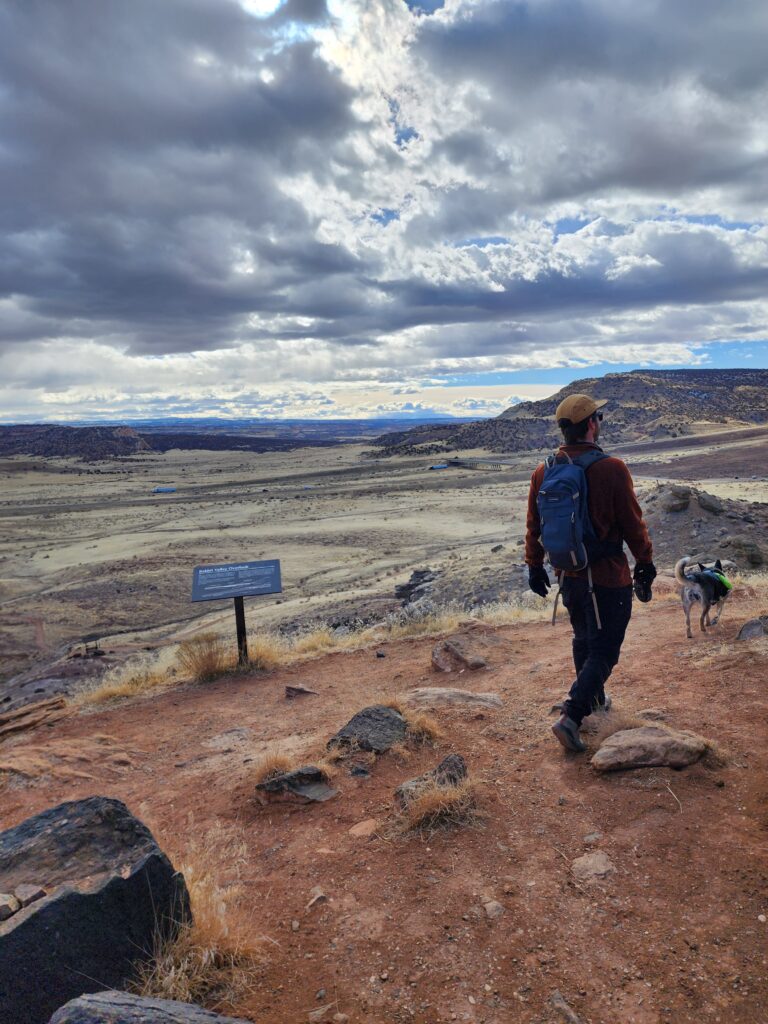Like most towns in the “True West,” Fruita, Colorado, is proud of its pioneer roots and western heritage. Founded in 1884, Fruita grew up at the western end of the magnificent Colorado National Monument, and near the Colorado River.

The first permanent homesteaders in Fruita area settled there in late 1882, moving into a pre-existing cabin with a dirt floor and a blanket for a door. They were followed by other settlers, nearly all of whom were farmers. Attempts to organize a community in the Fruita area were unsuccessful until the present-day town was established by William E. Pabor. Pabor had a dream of a wonderful place for families to live, and he formed the Fruita Town and Land Company for the purpose of selling town lots. “In the spring of 1884, lying on the bare floor of a log cabin on the site of what is now the town of Fruita…visions of the possibilities of the future swept before me…I saw vineyards and orchards and rose-embowered cottages in which love, happiness and contentment abode….”

Pabor recognized the great promise of the Grand Valley, with temperate climate, abundant fresh water, and good soil for growing fruits and vegetables. He wrote a 300-page volume, “Colorado as an Agricultural State,” in which he spoke glowingly of the fruit-growing potential of the area.
The original town site was planned to encompass 80 acres, with a park in the middle.
In the 1930s, Fruita participated in several government projects that added to the town’s growing popularity as a place to live and raise a family. The Grand Valley Resettlement Project (later Western Slope Farms) brought in groups of 2–3 families per year. The Rural Electrification Project had a huge impact by bringing in electricity to 800–900 farms. Fruita also had a Civilian Conservation Corps and several Works Progress Administration projects that included the town library, a federal loan for the new central school, and the construction of the spectacular Rim Rock Drive to the top of the Colorado National Monument, elevation 8,000 feet.

Some of the early settlers and influential people associated with Fruita were John Otto, early proponent and first superintendent of the Colorado National Monument; Elmer Riggs, a paleontologist from Chicago’s Field Museum who made major discoveries of dinosaur bones in the area during the early 1900s; author and naturalist Will Minor; and popular Black cowhand Charlie Glass.





